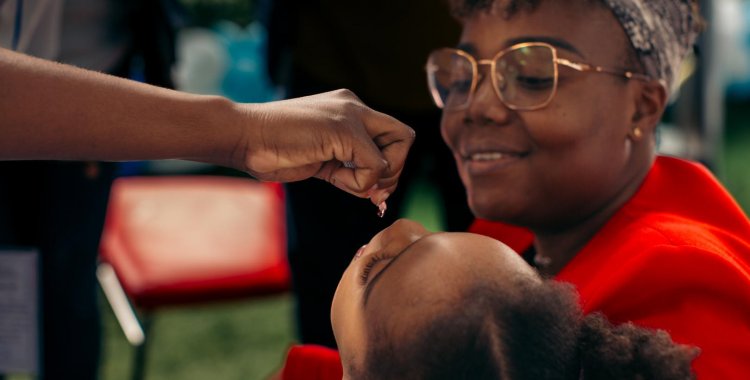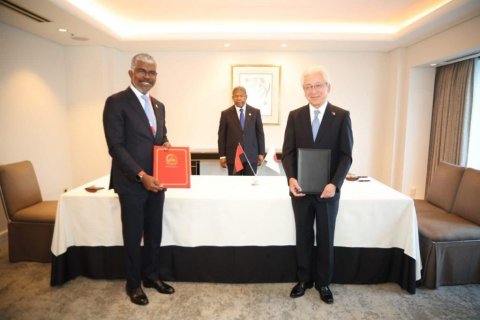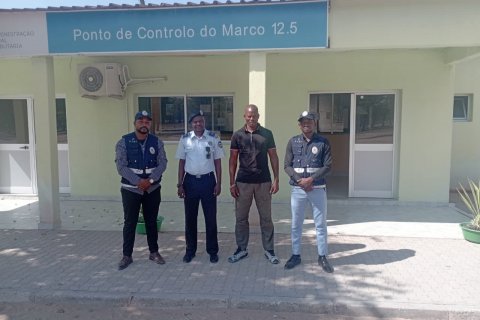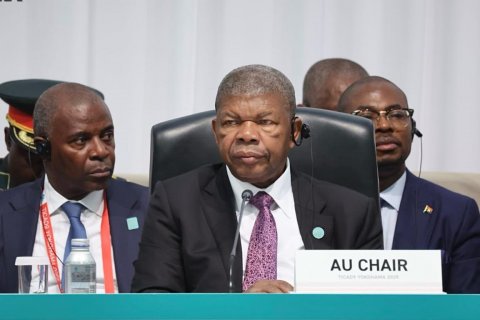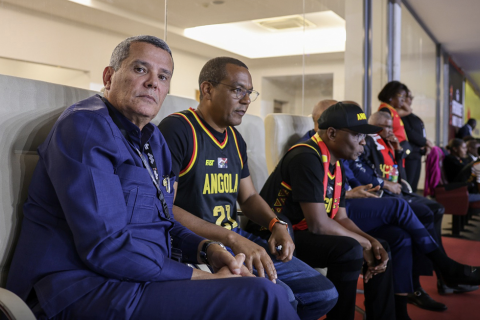According to the coordinator of the Luanda Expanded Vaccination Programme, Felismina Neto, the campaign, which will take place between the 6th and 8th of this month, will involve the collaboration of 12,000 health professionals and volunteers.
Felismina Neto, speaking to Angolan Public Television, said that an environmental sample was collected in a sewage ditch in Luanda and the polio virus was isolated.
“This virus was found in Cacuaco, in Sequele, and also in Viana”, said Felismina Neto, adding that the polio virus has also been found in other provinces of Angola.
According to the person in charge, there are no records of children developing the disease in Luanda, “but the risk of it being in the environment is high, when the child is not protected”.
“That is why we are strengthening children’s immunity with the three doses of polio”, explained the technician.
The Ministry of Health's statement highlights that the nationwide campaign will be carried out door-to-door, in churches, markets and health units, appealing for the involvement and support of all civil society, especially parents and guardians, reinforcing the need for children who have never received a single dose of the vaccine to join the campaign.
The United Nations Children's Fund (UNICEF), a partner of the Government in this campaign, indicates that the objective of this campaign is to vaccinate more than 5.5 million children across the country in three days, with more than 35 thousand technicians being mobilized to respond to the risk of importing the poliovirus that has been circulating in the region persistently for the last three years.
For UNICEF, the campaign is an intervention of crucial importance to maintain the results achieved by the country, with regard to the interruption of the circulation of the polio virus in Angola, considering that the country has already been declared free of the disease.
“Associated with this fact is the accumulation of a high number of vulnerable children who are not adequately vaccinated against polio during routine vaccination, which results from the growing gaps in vaccine coverage and which continues to be the main cause and risk for outbreaks in the country”, further highlights this United Nations agency.
Polio is an infectious disease caused by the polio virus and can cause permanent paralysis in children.

